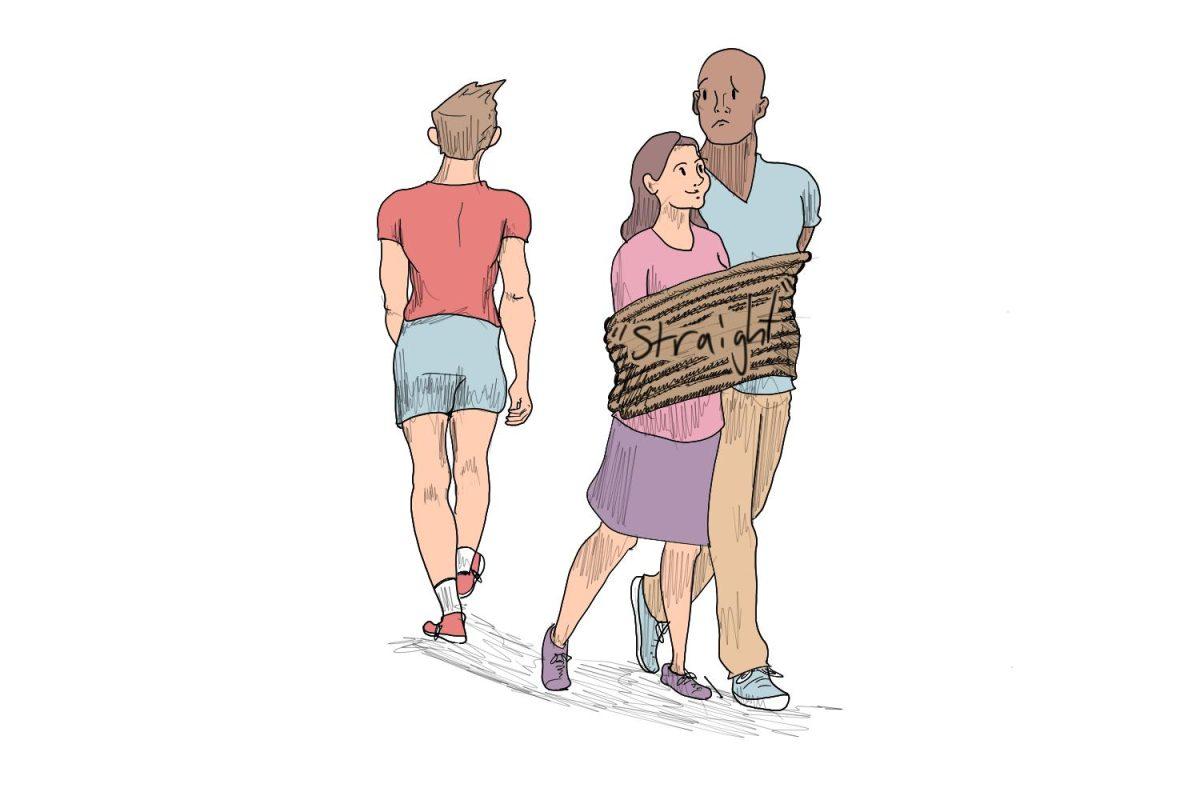On June 26, 2015, the U.S. Supreme Court ruled in favor of marriage equality. LGBT acceptance is on the rise.
The LGBT community counts for more than 4 percent of American adults. Social movements and progressive politicians continue to push for greater acceptance daily, but there are just as many push backs.
Sexuality is a topic of debate in U.S. politics and social life alike. Some are defined by it. Some aren’t affected by it at all.
Activists on the left invent a new gender each day and traditionalists on the right aim to return to McCarthyism.
The past decade has seen the LGBT community in a tumultuous phase. Former president Barack Obama was a firm supporter of the community, putting countless policies in place to protect the group and allow it to flourish.
President Donald Trump has been less accommodating, so far. During his campaigning, Trump declared he would be a champion for women and the LGBT community. However, Trump continues to undermine Obama’s work and undo many of his policies.
The president is tame in comparison to the company he keeps. Vice President Mike Pence is notorious for anti-LGBT sentiment. While many of his extreme views and actions are exaggerated in media stories, Pence’s voting record shows he is no friend to the LGBT community.
Like Trump himself, Pence votes regularly against individual acts which represent progress for LGBT people. He has conservatives around the country eating out of his hands, disguising his distaste for queer people as a religious mandate.
The problem is, religion doesn’t represent everyone. In a country where Church is meant to be separate from State, it isn’t reasonable to preach discrimination against a people for not subscribing to a particular religion.
Religion isn’t a bad thing — it often brings people together. But it’s too often used to condemn the proverbial “other” for being different. These radicals sully the name of good religious folk everywhere.
Anti-LGBT sentiment isn’t new; in fact, it’s as old as law itself.
Same-sex couples are not stigmatized in some societies, such as the Greek practice of pederasty. The practice saw an older man taking on a younger boy as an apprentice. The boy would provide sexual favors in exchange for lessons about politics, law, religion and society in general.
Greek military practices would have their soldiers become intimate to increase morale. Florence became a hotspot for homosexual activity during the Renaissance.
Many figures in history both ancient and recent have had homosexual encounters brought to light.
Plato’s “Symposium” holds pro-queer philosophy, and Charles Dickens was known to write his characters with queer flair.
What’s changed is the influx of negative associations with terms describing homosexuality. The words “gay” and “lesbian,” among others, carry a social stigma many grow up fearing.
The same religious groups who vilify homosexuality teach their children only heterosexual intimacy is acceptable with sociopathic certainty.
Non-religious conservative groups share the hate, ruling homosexuality is non-traditional and shameful.
Sociologist C.J. Pascoe uses the term “fag discourse” to describe a phenomenon present in American youth throughout the 20th century. “Fag discourse” refers to the usage of negative, homophobic words to deride someone as lesser.
Kids are raised at home and in schools to fear and be ashamed of homosexuality. As polls, testimonials and secret love letters show, a large amount of queer people exist but refuse to live openly.
The result is dangerous. Queer kids who are shamed by their families are 8.4 times as likely to attempt suicide as kids who are accepted by their families.
All around the world, closeted homosexuals live repressed lives in fear of repercussion for being born the way they were. Whether the punishment is execution, persecution or estrangement, labels have only led to chaos and hate.
The term “homosexual” was used as a negative term to single out a group. The use of labels are now used to discriminate against others. By tossing out labels and letting people live as they will, we can reduce a great fracture in society.
Kyle Richoux is a 19-year-old sociology sophomore from LaPlace, Louisiana.





